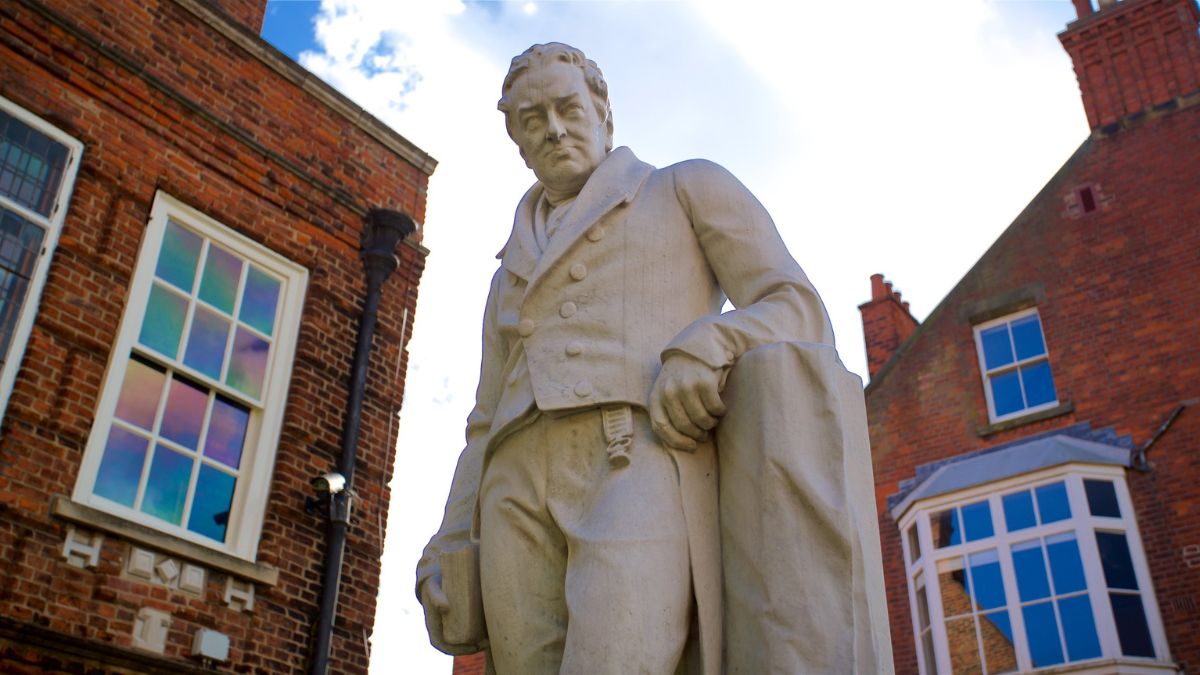

BreakPoint
Today’s BreakPoint offer: Subscribe today to BreakPoint WorldView magazine! Call 1-877-322-5527.
BreakPoint Commentary No. 060206, “Musical Mush: Are We Impairing Our Capacity to Think?”
Chuck Colson, “Of One Chord: Response to ‘Musical Mush’,” BreakPoint Online, 8 February 2006.
Charles Colson with Anne Morse, “Soothing Ourselves to Death,” Christianity Today, April 2006.
Kevin Twit, “Why Hymns?” Worship.com.
Kevin Twit, “What’s in a Song?: Turning Our Hearts,” BreakPoint WorldView, November 2005.
Visit Kevin Twit’s website for Indelible Grace Music, which sets new music to classic hymns.
“High-Tech Worship” (CD)—Dr. Quentin Schultze discusses his book High-Tech Worship: Using Presentational Technologies Wisely.
“C. S. Lewis on the Reading of Old Books,” Jolly Blogger, 17 October 2005.
A Curmudgeon I Shall Be
Confession is good for the soul, so they say. Recently, one “BreakPoint” listener accused me of being a curmudgeon. He had heard a February commentary, in which I detailed my teeth-grinding agitation at what I called musical mush: that is, church music devoid of theological content. In my response to him, I confessed that there may be a bit of a curmudgeonly streak running through me. As I get older I feel an increasing urgency to get my message to the Church, because I know I have less time left to do it. I think everybody experiences this as they grow older. Even the Apostle Paul’s writings intensified in urgency in his later epistles. While I’m certainly no Paul, I understand what it’s like to love the Church and care passionately for her well being. That’s why I dared to take on what I knew would be controversial: the tendency to use music more for entertainment than for worship. Too often, we see ourselves as the audience to be pandered to and entertained, rather than a congregation of participants with Christ as our liturgist, or music leader, and God as the audience of our worship. So if that makes me a curmudgeon, well, then, a curmudgeon I shall be. While the entertain-me mindset of consumerism that I see in so many churches disturbs me, I’m thrilled to see that some congregations are beginning to use old hymns set to new music. I saw it recently in the forty minutes of contemporary worship music in Ted Haggard’s church in Colorado Springs. The musicians led the congregation to worship by taking some of the great classics of the faith and putting the lyrics to a contemporary beat. I absolutely loved it, as I did similar music that I heard at a Baptist church in St. Louis. Many Christian artists have caught this vision. One group that has done it beautifully is Indelible Grace. They noticed something as they worked with college students in the campus ministry of Reformed University Fellowship. According to Indelible Grace’s website, young people were “being touched by the Gospel, gripped by the rich theology and great poetry of the hymns of the Church. As these students began to taste more of the depth of the Gospel and the richness of the hymn tradition, many began to join the music of their culture with the words of our forefathers (and [fore]mothers!), and a movement was born.” In writing about old books, C. S. Lewis noted: “Every age has its own outlook. It is specially good at seeing certain truths and specially liable to make certain mistakes. We all, therefore, need the books that will correct the characteristic mistakes of our own period. And that means the old books.” Well, I think the same could be said about old hymns. We need them to correct the blindspots of our own cultural context. And we need skilled writers and composers to “sing a new song” to the Lord, taking rich theology and crafting music to honor our King in this new day and age. And perhaps, even curmudgeons like me will like it and join in. Who knows? Wonder of wonders, we might even arrive at a truce in the worship wars. I’ll have more to say about this tomorrow.
| For Further Reading and Information |
07/11/06















